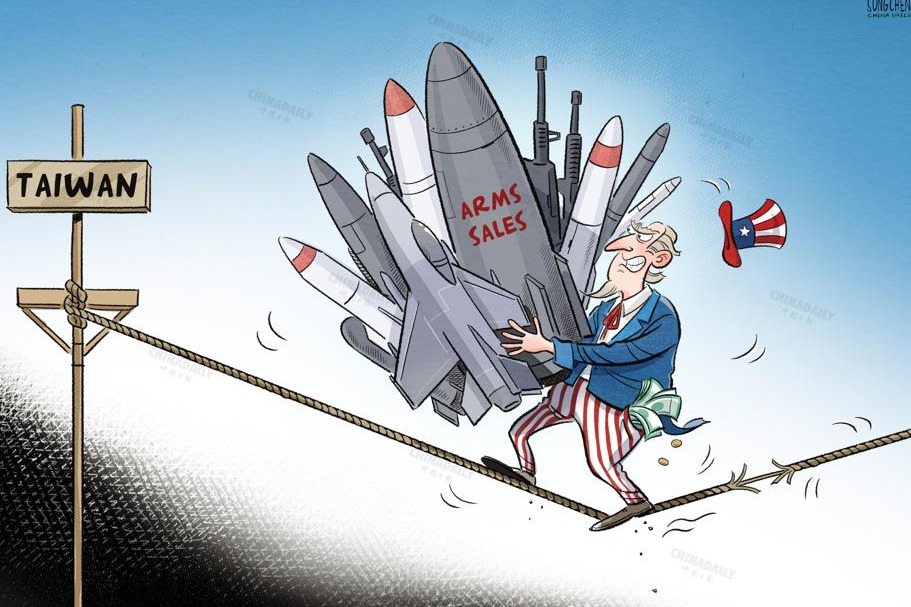Monetary policy should factor in asset prices


A magazine affiliated to the People's Bank of China, the central bank, recently published a signed article by former governor Zhou Xiaochuan in which he said the current inflation measurement system is basically useless and could even lead to asset bubbles.
The traditional concept is that if there is excessive monetary supply, the effects will be transmitted to asset prices and lead to inflation, which will in turn prompt decision-makers to adjust monetary policies. Now, this logic is being challenged.
What has happened in Japan since the 1990s suggests that continuous large-scale money supply does not necessarily cause inflation. Also, after the international financial crisis in 2008, the US and Europe injected a large amount of liquidity into the market but, as happened in Japan, this did not cause inflation.
This has given Western countries mired in economic stagnation the false sense that monetary policies could be kept loose indefinitely as long as inflation does not occur. In response to the COVID-19 epidemic, monetary easing in the West is likely to continue. But they should know that Japan is only a special case whose relaxed monetary policies did not cause inflation or asset price rises, largely due to Japanese enterprises' strong propensity to hoard large volumes of cash after they were plagued by a "balance-sheet recession" in the 1990s, and the falling hourly pay among Japanese, which contributed to deflation in the country.
The US is a different case. Global manufacturing oversupply and its oil self-sufficiency and developed agriculture make the price index in the US difficult to rise despite increased monetary supplies. However, a lot of money has flown into the asset market, especially the capital market, fueling asset bubbles and increasing the wealth gap.
As an emerging market country, while making monetary policies, China's authorities not only pay attention to inflation, but also care about economic growth, employment, trade and exchange rates. But precisely because China is a growing economy, its monetary policy has a bigger impact. In particular, the continuous rise of housing prices has expanded the wealth of asset owners, but also pushed up service prices. Rising housing prices and living costs exert pressure on middle-and low-income earners.
Zhou's article was based on the US, but it applies to China. Asset prices should be factored into China's monetary policy and the CPI needs to include income distribution, the wealth gap and other issues.


































